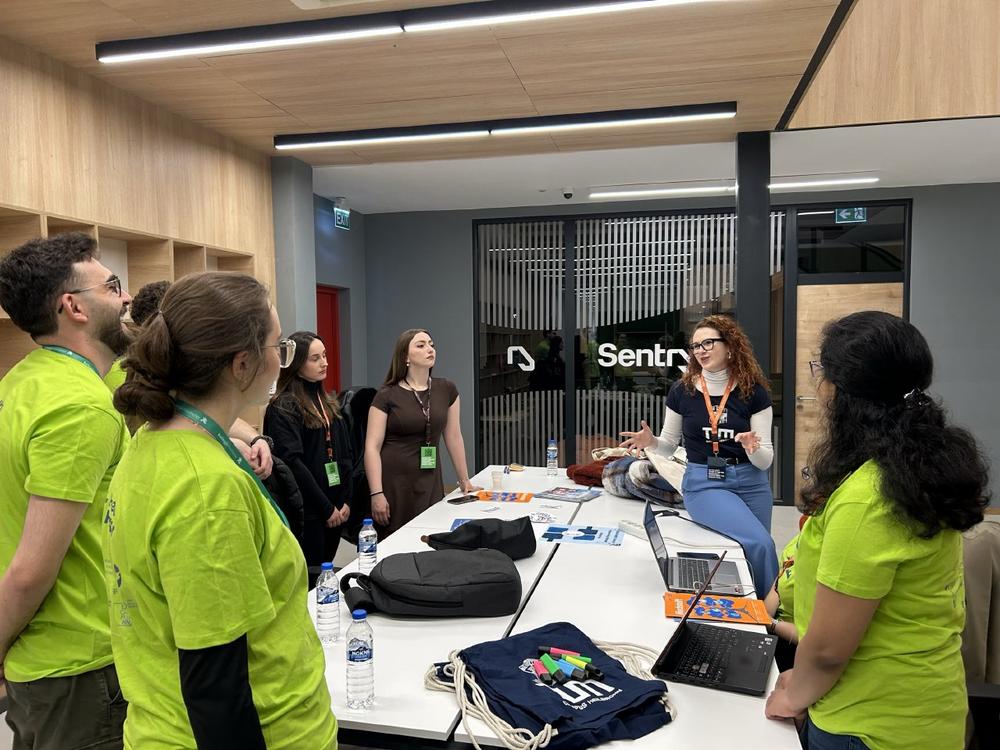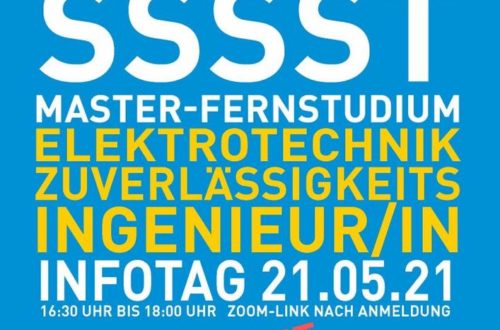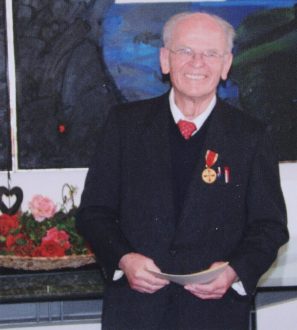
Fact Checking for Better Health Literacy
They had 48 hours to work on a challenge on the topic of “Innovate Healthcare”. Among the 12 different challenge providers were hospitals, tech institutions and universities, including TUM Campus Heilbronn. Katja Kastrati and Teresa Schick, both Referents to the Management Board of “Die TUM Campus Heilbronn gGmbH”, provided and supervised a challenge. Teresa Schick was also a member of the jury.
“It was a very successful event,” Kastrati and Schick are pleased to report. “The many young people were so motivated and full of fresh ideas. Their openness to different topics and their willingness to work on them, their great commitment and determination – all of this impressed us very much.” The team that decided to take the challenge of TUM Campus Heilbronn could hardly have been more diverse: the eight students come from Kosovo, Germany, Albania and North Macedonia. Their academic backgrounds were also very different: the young women and men are enrolled in Public Health, Medicine, Computing and Information Technologies, Software and Electrical Engineering. “They had already done a lot of research on the challenge in advance and then discussed their different approaches, because they all had different backgrounds,” tells Kastrati. ”They got along really well, and the team spirit was great.”
Test in a matter of seconds
The challenge of TUM Campus Heilbronn, themed “Digital Health Literacy – Empowering Informed Choices”, was about the question of how digital health literacy can be promoted in times of fake news and targeted disinformation: How can users from very different population groups decide whether a source they come across is trustworthy? The team supervised by Schick and Kastrati developed a fact-checking tool for this purpose. It analyzes Social Media Posts and provides information within seconds with a green, yellow or red arrow indicating whether the post is completely, partially or not at all credible. And that’s not all: the tool also refers users to sources where they can find reliable information on a specific health topic.
In the end, it wasn’t enough to win, but for Schick and Kastrati, the most important thing is the promising idea that could be realized and the interesting contacts they made. Both could prove fruitful in the near future: “Our team would be very interested in introducing the fact checker at an upcoming Erasmus Café network meeting in Pristina.” The Erasmus Cafés, initiated and sponsored by the TUM Campus Heilbronn, are Europe-wide meeting places for students, entrepreneurs and experts to jointly develop innovative ideas for current challenges and shape the future. They are designed to create an international network to connect students across national borders and to promote bottom-up initiatives. A challenge like the one tackled by young people at the Hackathon in Pristina is completely in line with the Erasmus Café concept, in Schick’s and Kastrati’s view.
Hospitable people and energizing macchiato
One thing surprised them a lot: Heilbronn is anything but a blank space on the map for the members of her team. “Some of them deliberately chose our challenge because they were interested in the TUM Campus Heilbronn. Some asked very specific questions about studying and student life in Heilbronn and announced that they would apply to us. That really pleased us. That really pleased us.”
Schick benefited from her trip to Kosovo in another way as well: “I found the insights into the culture and history of the country particularly enriching. The war was only 25 years ago, and yet there is an incredibly positive spirit there. You could feel this vibe, this energy, in all the young people throughout the room.” Perhaps this is at least partly due to the stimulating effect of a delicious everyday beverage: “They have a great coffee culture there. They drink what is known as Macchiato, which is really energizing.” But what Schick enjoyed most are the people: ”They are incredibly hospitable – you can start a conversation with them anytime.”
Die TUM Campus Heilbronn gGmbH
Bildungscampus 2
74076 Heilbronn
Telefon: +49 (0) 7131 264180
Telefax: +49 (7131) 645636-27
https://www.chn.tum.de/de
Telefon: +49 (7131) 26418-501
E-Mail: Kerstin.Besemer@tumheilbronn-ggmbh.de
![]()




